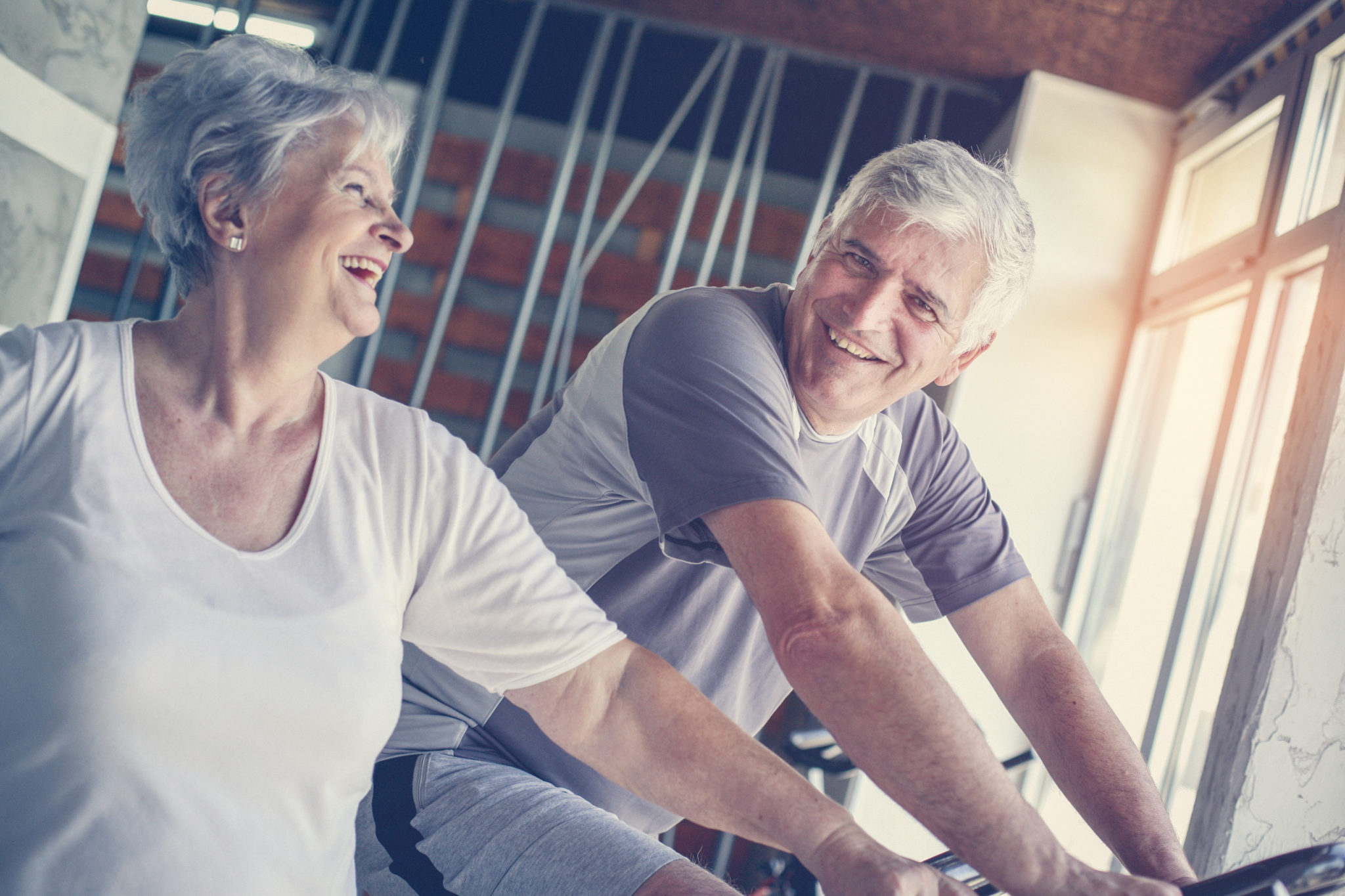Feeling low and not quite like yourself?
If there’s one thing we know as health practitioners, it is that everything in the body is connected. Each system within the body communicates with and affects other systems, and mental health is no exception. It’s for this reason that taking care of our mental health is just as important as taking care of our physical health, and exercise plays an important role in both.

When we’re feeling low it can be hard to get up the motivation to exercise. However the short and long-term impact that being physically active has on our mental health cannot be ignored. Even a short bout of physical activity can help to lift us out of a low or anxious mood and assist in managing these feelings in the long term.
Exercise and low mood
Exercise can combat a low mood by releasing “feel good” compounds, such as endorphins and serotonin. Exercise also improves your quality of sleep, which has a knock-on effect on your emotional state. Sometimes simply getting your body moving can take your mind off of your worries or help to you process what’s on your mind. These short-term effects are useful, but the real value lies in the impact that exercise can have in the long term: sustained exercise releases chemicals that cause nerve cells to grow and make new connections. When paired with other interventions, exercise can help to rewire your brain and strengthen the pathways of more positive thought and behaviour patterns.
Exercise and anxiety 
Exercise is a great tool to help manage feelings of anxiety. Moving your body lowers muscle tension, which can contribute to and result from anxious feelings. Exercise also changes the blood flow in the brain away from the “fight or flight” regions, which are particularly active during an anxious episode. Following a bout of exercise, your blood pressure is lowered, which can further increase relaxation.
Exercise also has benefits for mental health beyond the physiological realm. By pushing yourself to exercise, in spite of a less-than ideal mood, you are building emotional resilience. Trying out new types of exercise or activity can increase your confidence, promoting a sense of achieve and self esteem.
Getting started
Start where you are or wherever you feel most comfortable. Find a mode of exercise that you enjoy and want to sustain in the long term. All modes of exercise, be it walking, gardening, weightlifting or rock-climbing will have benefits on your mental health. Find something that sparks joy, start low and go slow. Even 10 minutes of activity starts to provide benefits, so begin at whatever level you feel capable. Exercising in a group can have extra benefits on your mental health, so bring along a friend or try a new exercise class if you are feeling up to it.
Most importantly, be kind to yourself. Not every day will be your day and that’s okay. Try to get moving and if you can’t, tomorrow is another day.
If you’re looking for more guidance on how being physically active can benefit your mental health, an Accredited Exercise Physiologist is a health professional qualified to prescribe individualised exercise programs for these conditions, be they mild, moderate or severe.
